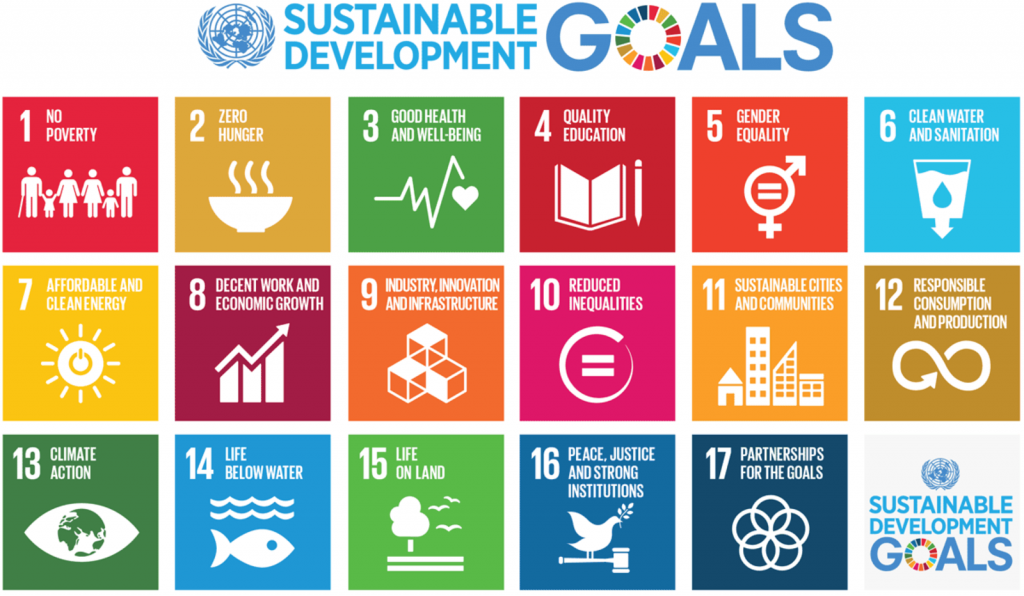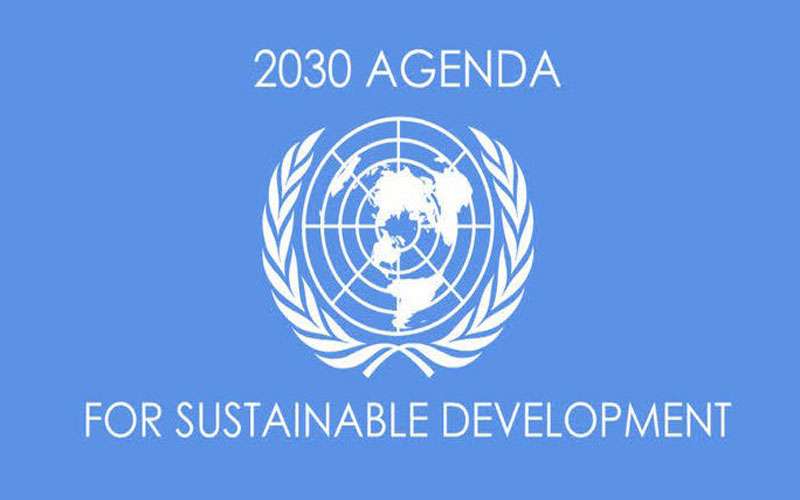THE GENEVA CONSENSUS FOUNDATION
Welcome to the GCF
The Geneva Consensus Foundation is a public utility foundation created in 2013 in compliance with articles 80 et seq of the Swiss Civil Code.
Our goal is to contribute to World Polity and through the international consensus-building process put in place a global partnership for sustainable development, ensure policy coherence for development and for the achievement of Sustainable Development Goals.
On 26 January 2016, the United Nations Committee on Non-Governmental Organizations, by the decision ECOSOC/6728-NGO/819 recommended to grant Special Consultative Status to the Geneva Consensus Foundation. At its 16th plenary meeting, on 5 April 2016, the Economic and Social Council of the United Nations adopted a decision 2016/215 to grant consultative status to the GCF. Since 2016 GCF is also a member of the United Nations Sustainable Development Solutions Network.
Agenda 21, along with the outcome document of the UN Rio+20 conference, “The future we want”, can be named among UN achievements in spelling out the commitment of the international development community towards the common cause of sustainable future.
Sustainable development is indeed the most significant collective challenge facing humanity. Since Rio Summit, international community has inspired to integrate the social, economic, and environmental dimensions within a single framework. Nonetheless, no country has yet succeeded. Prevailing governance systems tend to separate these pillars at policy, planning, and management levels. This disconnect has led to a widening of inequality, both at global and national levels, pervasive social tension, alarming pace of climate change and environmental degradation.
Although economic, social and environmental objectives are often complementary, there is no natural trade-off between them. The choice among these objectives inevitably leads to stakeholders’ conflicts. Addressing it without compromising our shared prosperity and the right to development of future generations requires a significant alteration of macroeconomic governance and calls for innovative policy responses towards the achievement of SDGs.
We submit that the solutions for Sustainable development in the interconnected Global world- two multiple dimensional phenomenon, entail a significant paradigm shift towards systems analysis and matrix thinking to address inter-temporal effectiveness-efficiency-equity challenges for future generations. We believe Rio+20 has laid solid foundations for a paradigm shift. Unfortunately the lack of integrated systems thinking in most International/UN organizations prevents identification of solutions to contemporary global challenges.
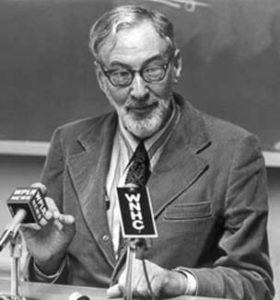
"The economist as such does not advocate criteria of optimality. He may invent them. He will discuss their pros and cons, sometimes before but preferably after trying out their implications. He may also draw attention to situations where allover objectives, such as productive efficiency, can be served in a decentralized manner by particularized criteria, such as profit maximization. But the ultimate choice is made, usually only implicitly and not always consistently, by the procedures of decision making inherent in the institutions, laws and customs of society.
A wide range of professional competences enters into the preparation and deliberation of these decisions. To the extent that the economist takes part in this decisive phase, he does so in a double role, as economist, and as a citizen of his polity: local polity, national polity, or world polity."
CONCEPTS OF OPTIMALITY AND THEIR USES Nobel Memorial Lecture, December 11, 1975
Our Foundation, an infant think tank, aims to bridge this gap and we truly hope we will be able to make our modest contribution to global deliberations in shaping a global agenda to harness the power of globalization to advance inclusive, just and sustainable development, for enduring peace and progress.
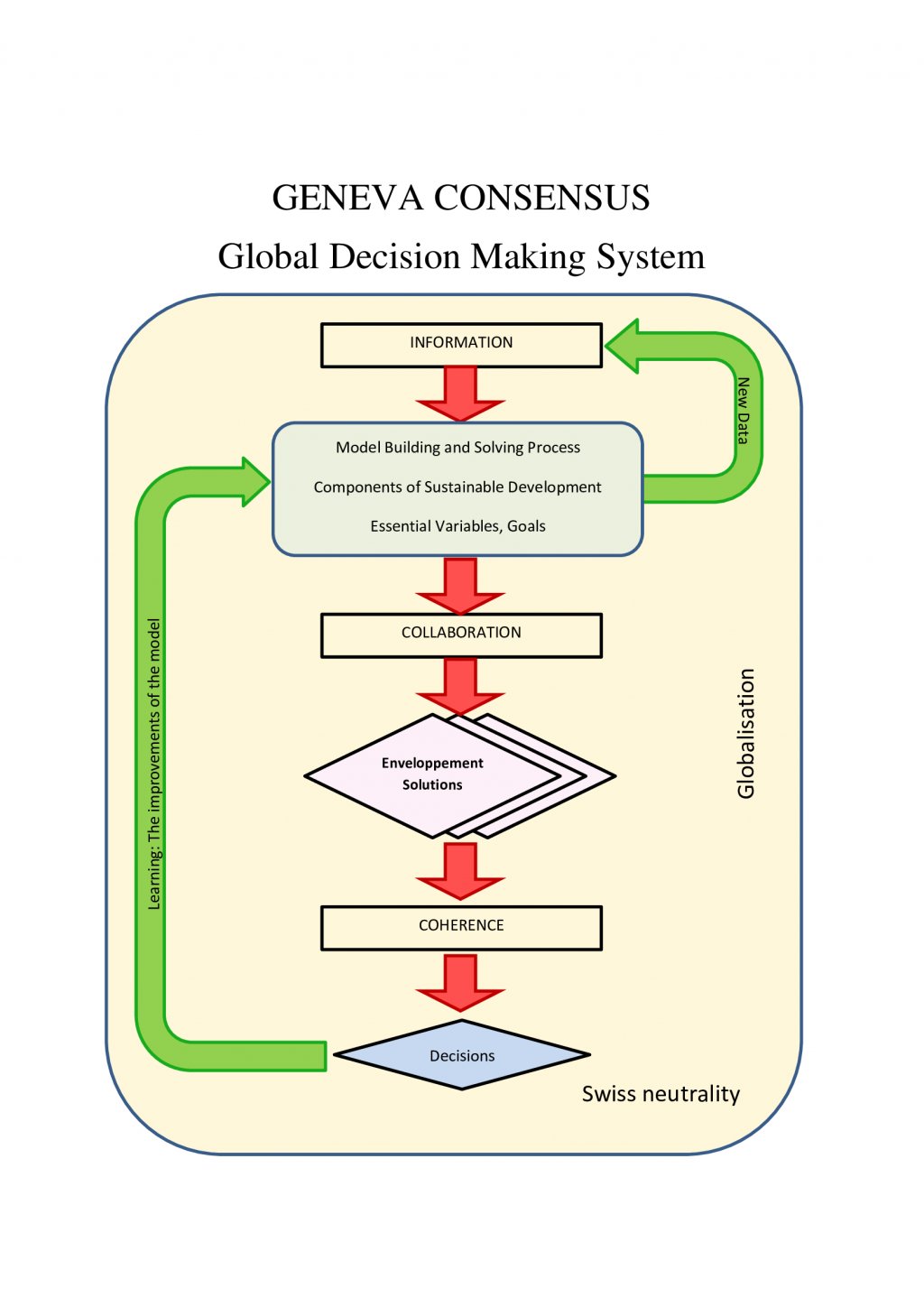
From an analytical perspective, attainmemtn of Sustainable Develeopment Goals calls for Pareto-Koopmans-efficient solutions. Delivering on UN Agenda 2030 for Sustainable Development we developed an interactive-iterative policy evaluation system for monitoring progress made towards achievement of SDGs to ensure policy coherence. As a first and modest step towards developing economic theory more in tune with the reequireents of our global age, we propose a way of measuring such multidimensional concepts, thus making it possible to evaluate how policymakers succeed (or fail) in their starvings for the betterment of the lives of their future generations.
Clearly, the international frameworks for sustainable development are poorly developed. Attaining sustainable development is conditional on the ability to form multidisciplinary and crosscutting global partnerships, tapping into the knowledge and commitment of the international development community—particularly the WTO, ITC, UNCTAD, UNEP, ILO, UNECE, and other UN Agencies and international organizations based in Geneva. In partnership with the World Bank, IMF, OECD, and other multilateral international organizations, Geneva is best-placed for providing a new forum where Global Decision Makers may dialogue on key policy issues and monitor the performance of nations toward agreed international agendas.
Why “Geneva Consensus”?
The term “consensus” is derived from the Latin cōnsentiō (“feel together; agree”), a fusion of cōn- (“together”) and sentiō (“sense; perceive; feel”) and the neutrality is the prime precondition to either one or the other.
Switzerland has historically been a global center for accommodating fair and neutral outcomes on the most sophisticated political decisions in the spirits of solidarity. Neutrality is a foreign policy norm for Swiss authorities and it has served as a model for others.
What is commonly considered as risks is the impact of the environment within the systems thinking and it reciprocal influence on the system. Within that context the neutrality of Switzerland ensures that the global decision making is liberated from any such risk.
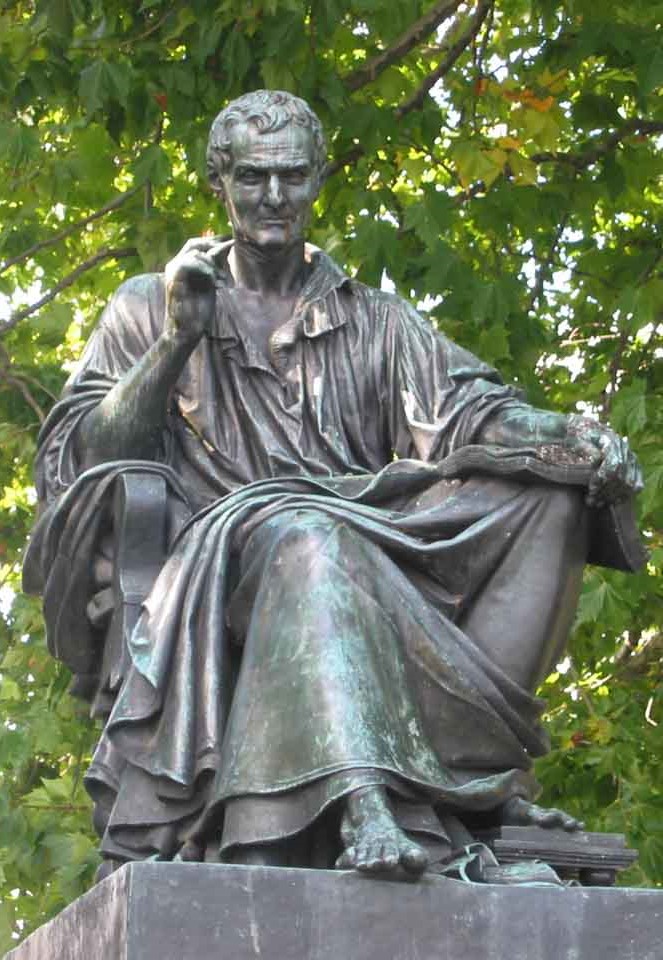
"The whole world is informed of the great success with which the oratory of the pulpit is cultivated at Geneva; but, being too much used to hear divines preach one thing, and see them practice another, few people have an opportunity to know how far the true spirit of Christianity, holiness of manners, severity with regard to themselves and indulgence to their neighbors, prevail throughout the whole body of our ministers.
It is, perhaps, in the power of the city of Geneva alone to produce an edifying example of so perfect a union subsisting between its clergy and men of letters. And it is in great degree, on their wisdom, their known moderation, and on their zeal for the prosperity of the State that I build my hopes of its constant and perpetual tranquillity."
dedicated to the state of Geneva in 1754
Jean-Jacques Rousseau


